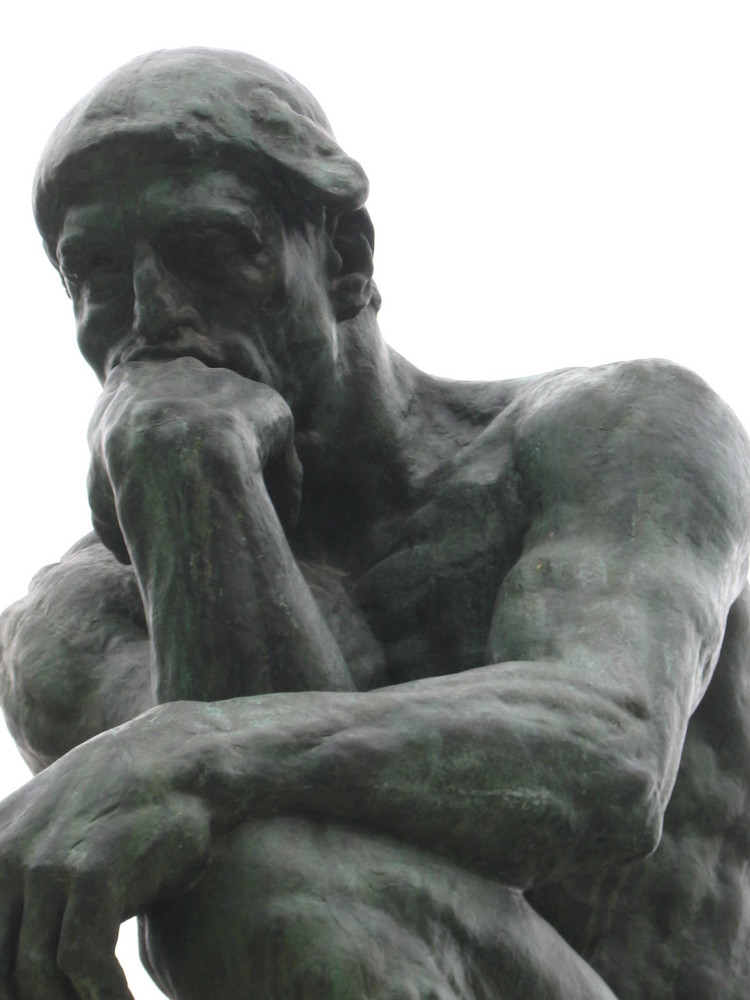Empedocles
Born some time around 494 BC. Died some time around 434 BC (age ~60).
Empedocles was a Greek philosopher. He was a politician in his home city of Akragas. He may have been regarded as a magician, due to many myths surrounding his purported healing abilities.
Empedocles accepted Parmenides’ assertion that true being is material, finite, and eternal. However, he rejected the idea that change is illusionary. Empedocles asserted that the universe is composed of a finite number of particles. It is these particles which are eternal and indestructible, like The Being of Parmenides. These particles are not all of one type which takes the form of multiple elements. Instead, there are multiple types of particles: air, water, earth, and fire. Thus, Empedocles was the first Greek to propose the idea of the four classical elements. Two physical forces govern the interactions of these particles: Harmony and Discord. Together, these two forces result in a cycle of destruction and rebirth. When Harmony is in full ascendancy, the entire universe is an evenly distributed mixture of particles. Then, Discord pulls the particles apart into their component groups: first air is seperated, then fire, and lastly water and earth are separated from each other. The cycle then reverses, with Harmony pulling the particles back together. Empedocles believed that we exist at the half-way point in the cycle, and that currently Discord is in ascendancy.
Empedocles believed that the particles exude effluences. These effluences stimulate apertures in our sense organs. The effluences are of different size, depending on the element, and thus stimulate different apertures. The balance and quantity of stimulated apertures results in different colours, tastes, etc.
Unrelated to the above beliefs, Empedocles was greatly influenced by the Pythagoreans. He believed in reincarnation and advocated for vegetarianism.
Empedocles’ contribution to philosophy was his attempt to reconcile the ideas preceding philosophers. He attempted to expand upon the ideas of Parmenides, while simultaneously explaining the world of sensory experience. He tried to do so with some scientific backing, though ultimately resorted to using mythological forces as an explanation.
